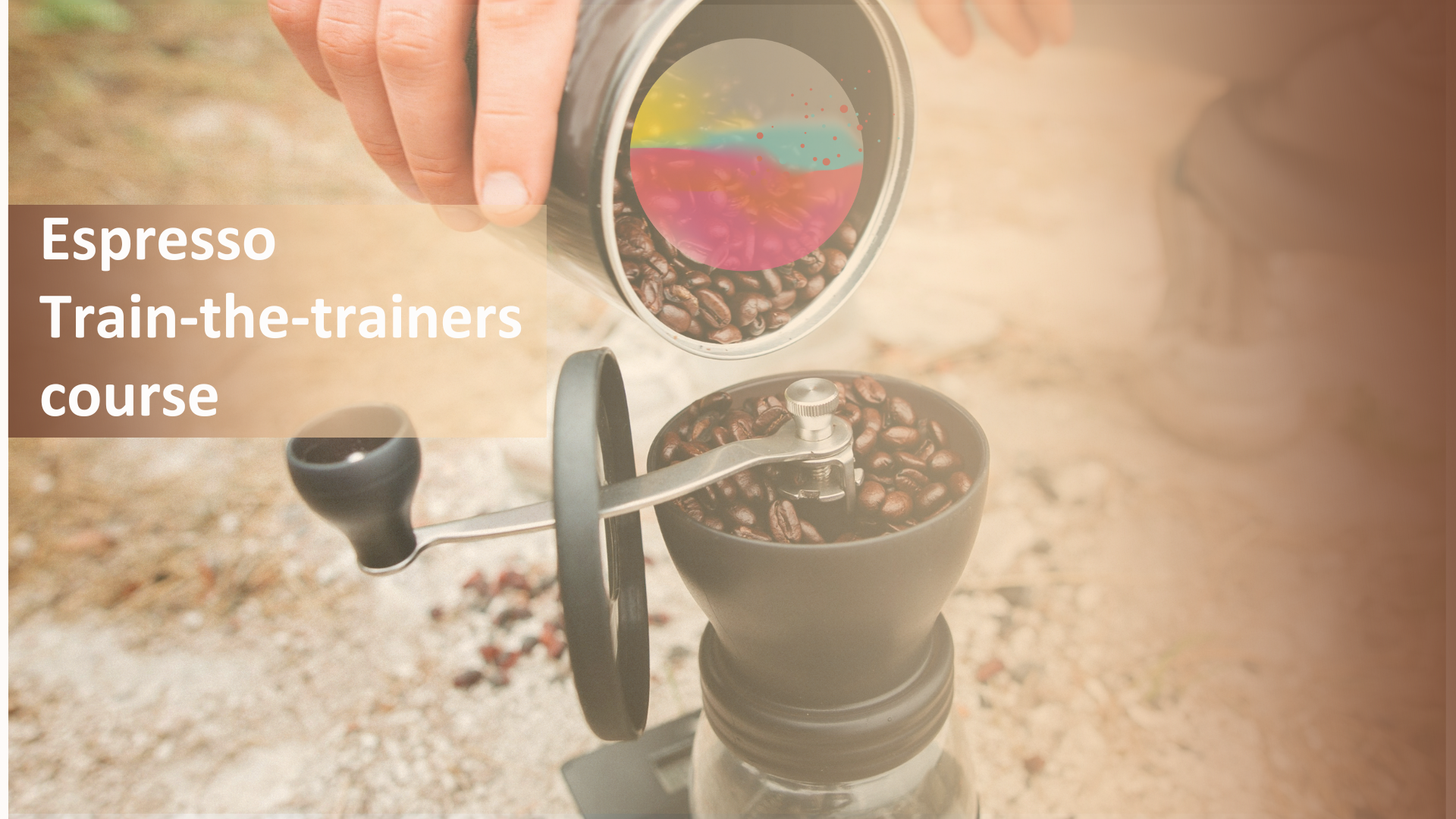Overview
The EU Espresso course is successfully running since 2023. As community energy knowledge needs to spread across European municipalities, we appreciate you decided to learn how to translate and adapt it to your own national context. This is why we designed this self-paced e-learning course for people from national organisations who are passionate about community energy and convinced that local authorities have an important role to play in the promotion of citizen-lead renewable energy projects.
In this self-paced course, Energy Cities' baristas will take you through three modules:
- Module 1: The science behind Espresso
- Module 2: The Grind - preparation and adaptation
- Module 3: Take me to the coffee shop - recruitment and learner satisfaction
The course will help you set up your own Espresso from A to Z, from the technical features of the Moodle learning platform to communication tips around recruitment of learners.
Each module is based on some (not boring) theory that comes in different formats: reading, watching or listening. In between, you will have some exercises that will help you test and anchor your new knowledge. The exercises are short and fun.
Like with the original EU Espresso course, every module should not take much longer than 2 hours. The only difference: you will leave as a trained energy community barista.
What you'll learn
- Understand the role of community energy and how local authorities can support its development through practical, people-centred approaches.
- Identify the legal frameworks, benefits, and examples of energy communities across Europe.
- Navigate the Espresso course structure and adapt it for your national or local context using the provided tools and templates.
- Translate and localise content effectively, maintaining the engaging style and educational goals of the original course.
- Use the storyboard and Learning Centre platform to manage course adaptation and integration step-by-step.
- Create a communication and outreach strategy to promote the course, recruit learners, and engage local stakeholders.
- Collect and apply learner feedback to improve course delivery and support ongoing learning in your region.
Requirements
- Work for a non-profit organisation at regional or national level with close contacts to civil servants - you field of expertise should ideally be around decentralised energy, community energy and the urban challenges of the energy transition overallHave an English level allowing you to read and write in an understandable way (ideally B1 English, intermediate)Block around 6 hours in your agenda to complete the course
Contents
Certificate
No
Educational team
Enrolment options
Espresso Train-the-trainer
The EU Espresso course is successfully running since 2023. As community energy knowledge needs to spread across European municipalities, we appreciate you decided to learn how to translate and adapt it to your own national context. This is why we designed this self-paced e-learning course for people from national organisations who are passionate about community energy and convinced that local authorities have an important role to play in the promotion of citizen-lead renewable energy projects.
In this self-paced course, Energy Cities' baristas will take you through three modules:
- Module 1: The science behind Espresso
- Module 2: The Grind - preparation and adaptation
- Module 3: Take me to the coffee shop - recruitment and learner satisfaction
The course will help you set up your own Espresso from A to Z, from the technical features of the Moodle learning platform to communication tips around recruitment of learners.
Each module is based on some (not boring) theory that comes in different formats: reading, watching or listening. In between, you will have some exercises that will help you test and anchor your new knowledge. The exercises are short and fun.
Like with the original EU Espresso course, every module should not take much longer than 2 hours. The only difference: you will leave as a trained energy community barista.
- Teacher: Stephane Dupas
- Teacher: Miriam Eisermann
- Teacher: Ian Turner
- Enrolled students: 24


